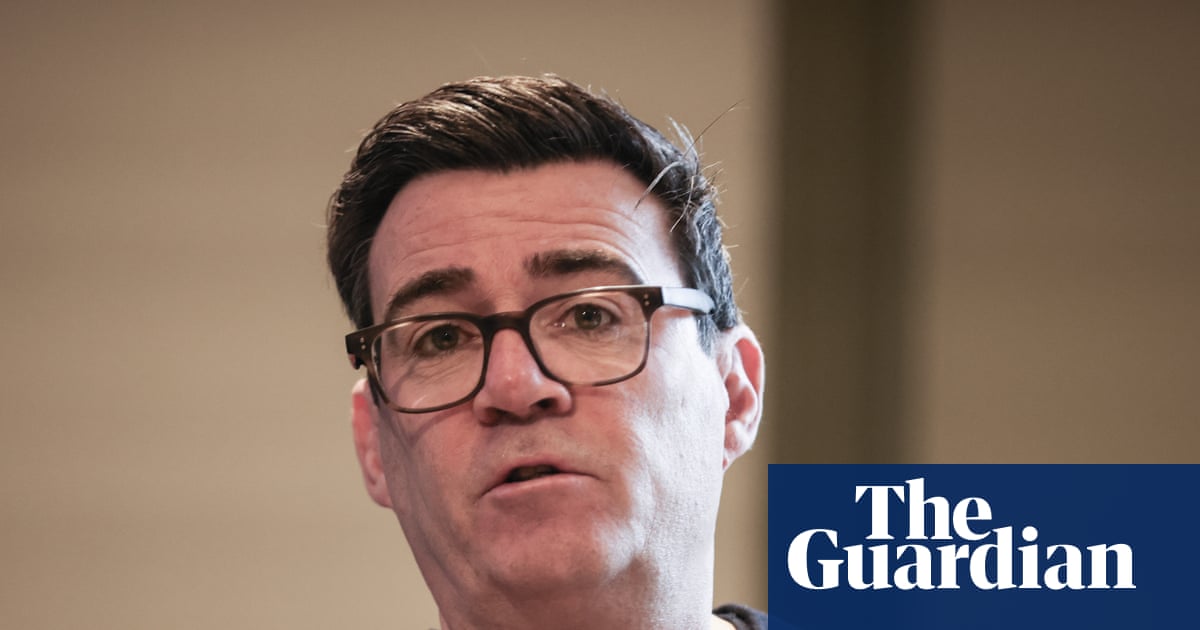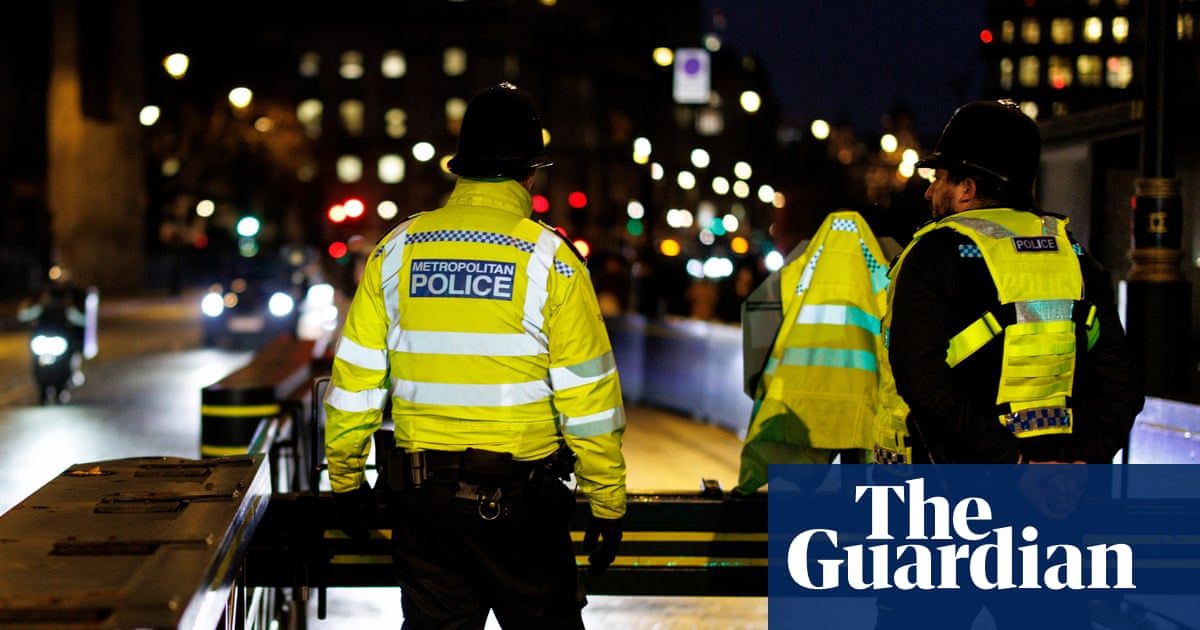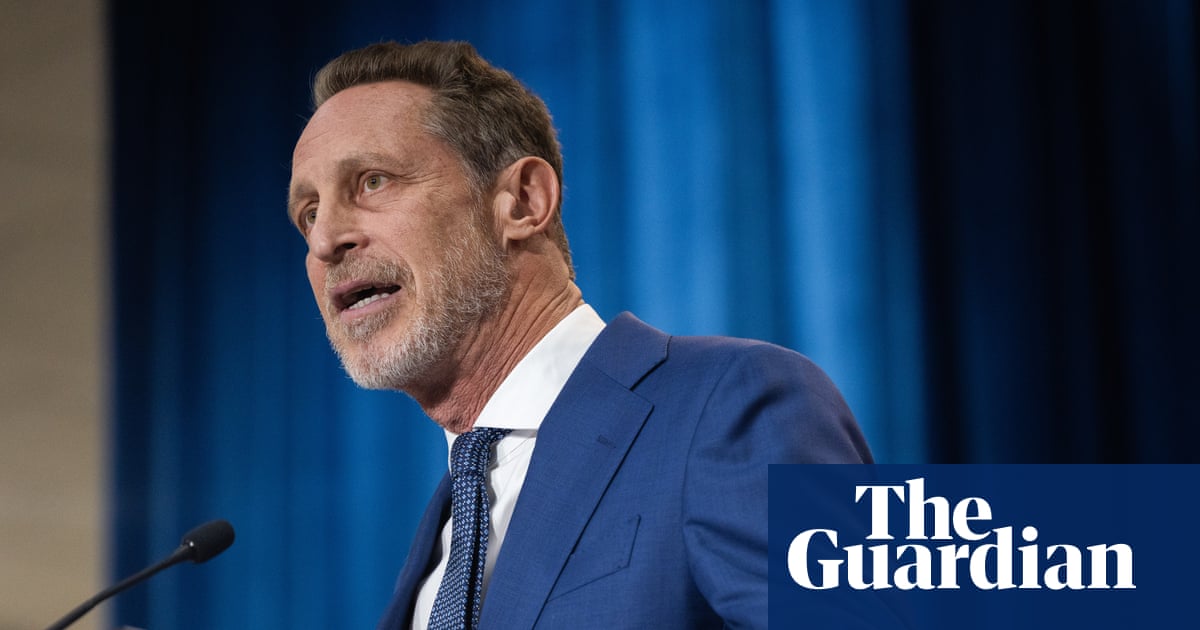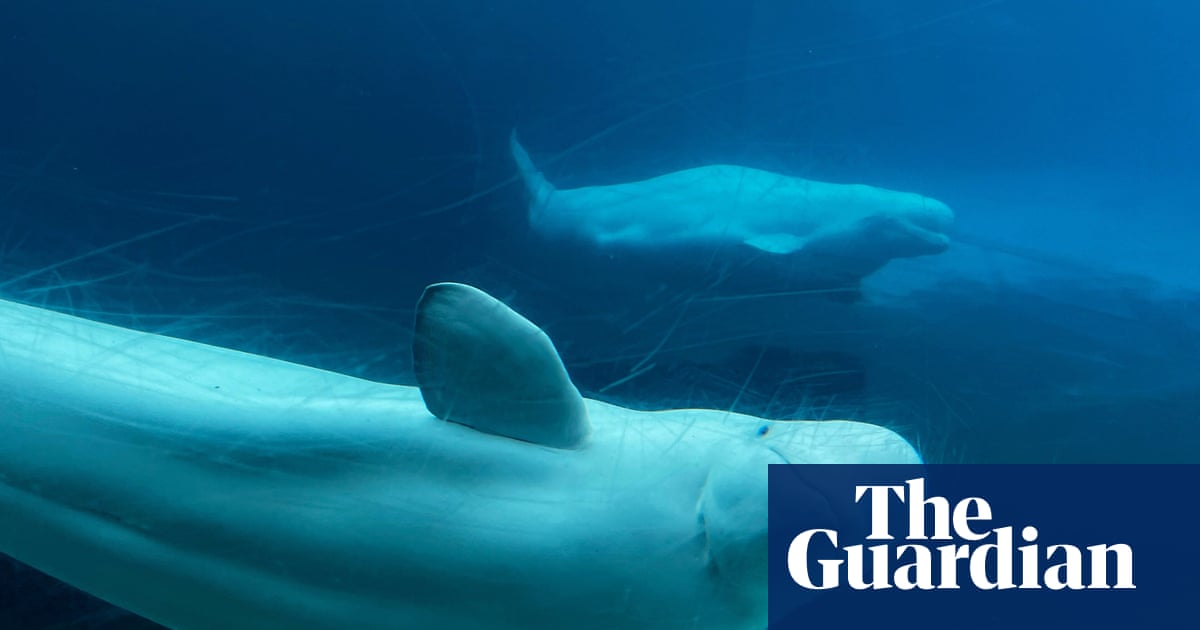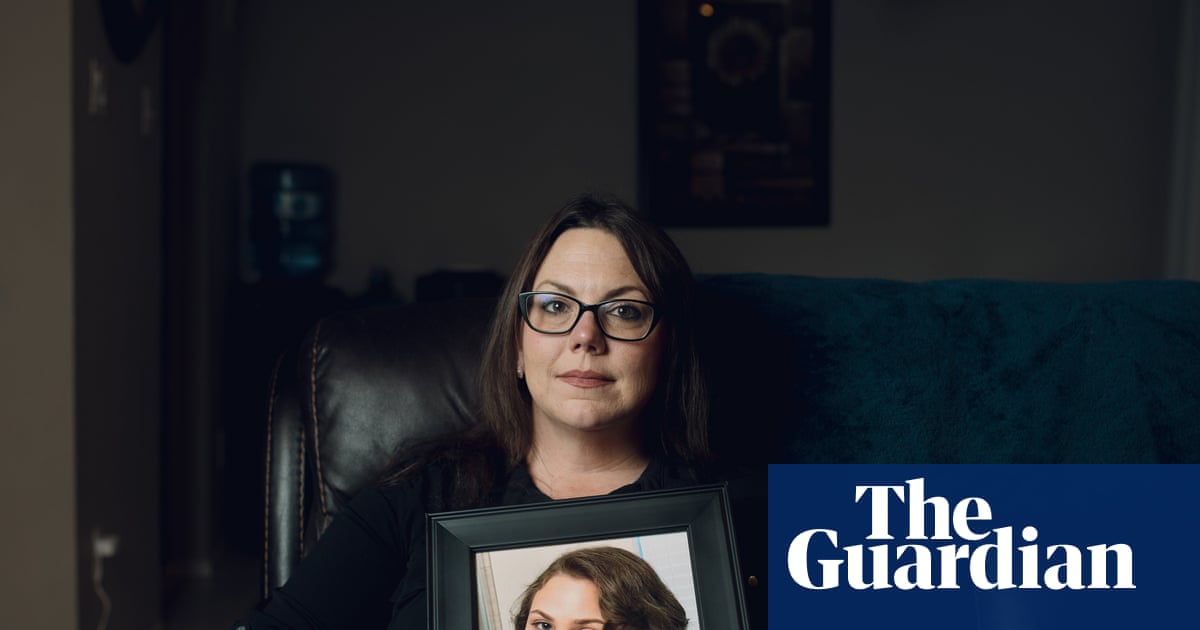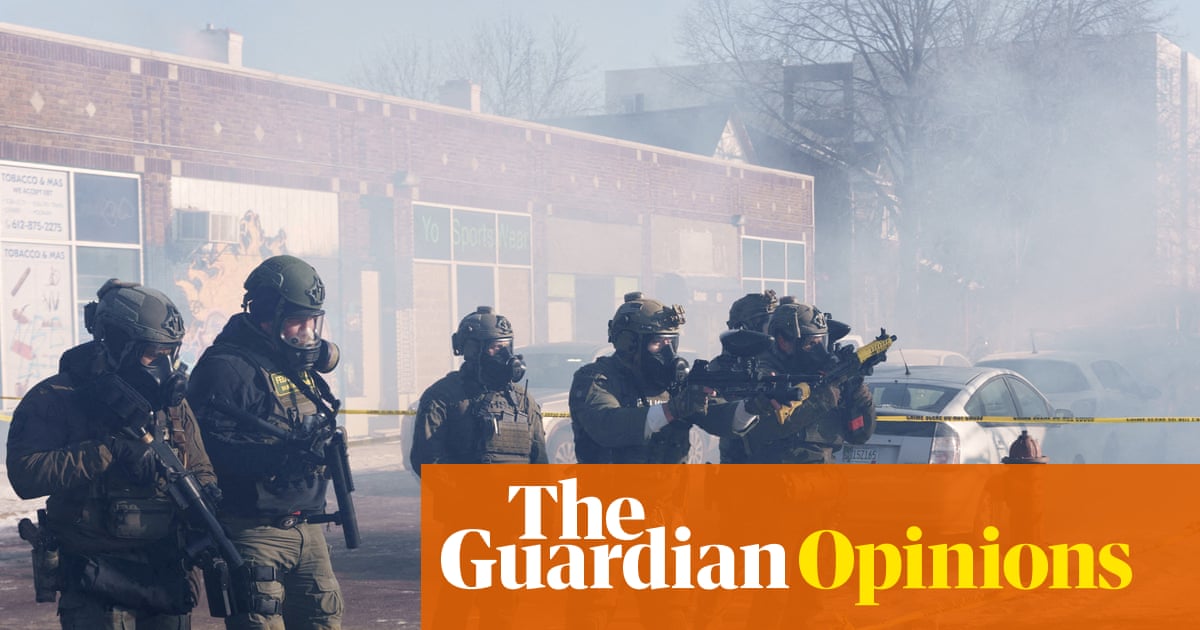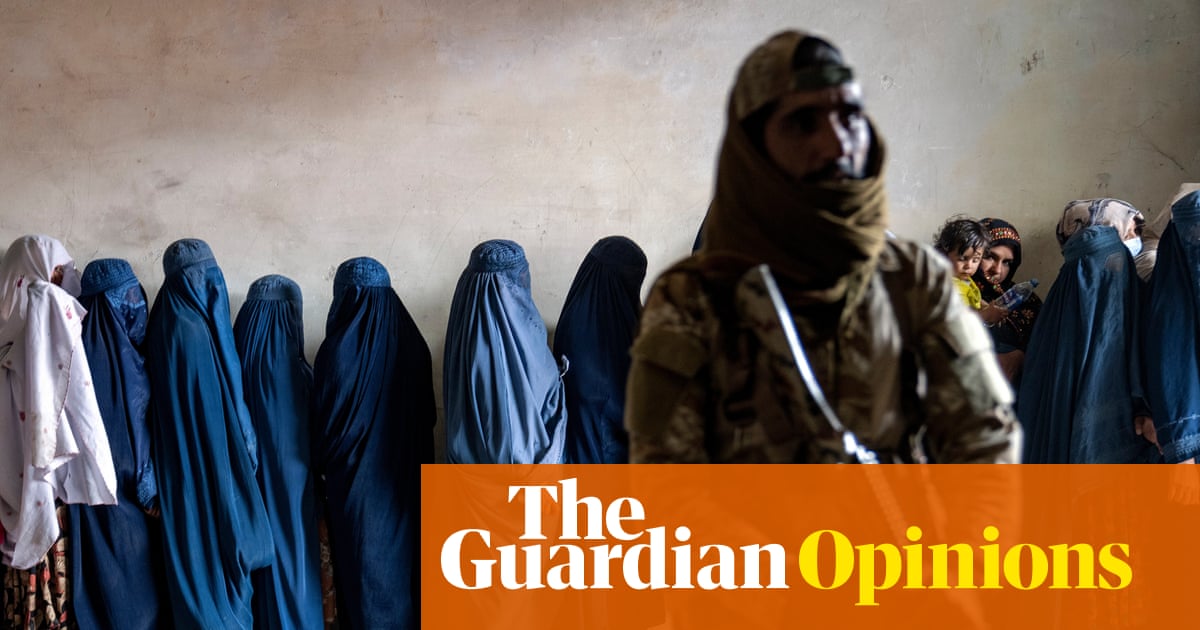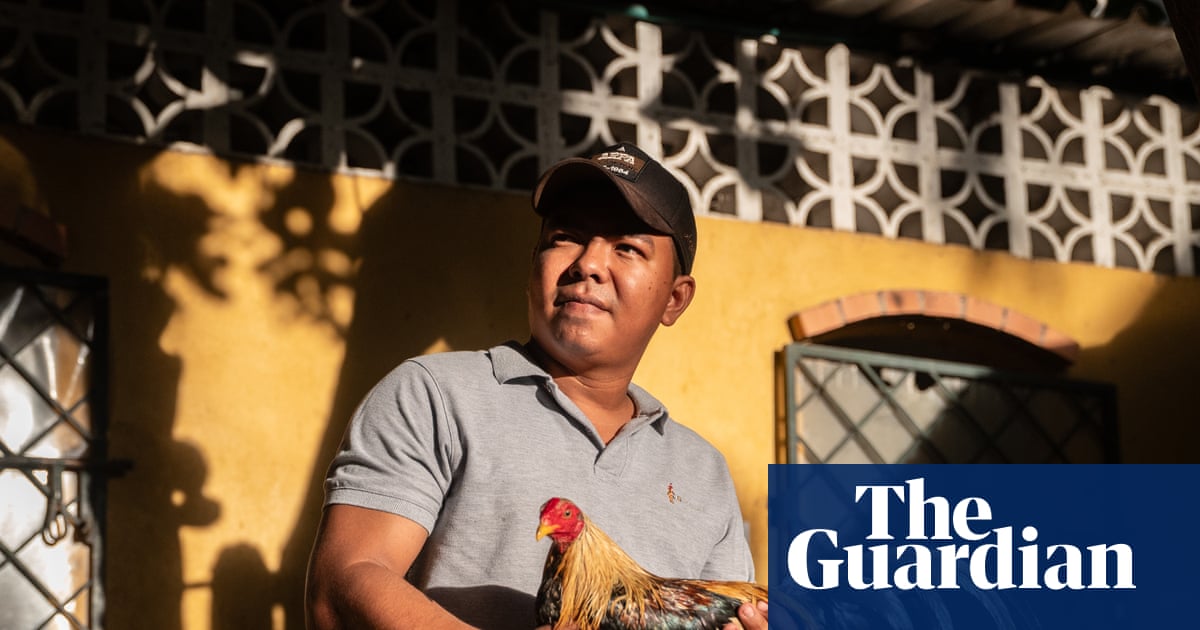The geographically uneven risks from increasingly extreme and dangerous weather grow ever starker. As Jamaica and other Caribbean countries clear up after Hurricane Melissa, and Typhoon Kalmaegi heads west after killing nearly 200 people in the Philippines and Vietnam, the case for more international support to countries facing the most destructive impacts from global heating has never been stronger.
Last week’s five-day rainfall in Jamaica was made twice as likely by higher temperatures, according to initial findings from climate attribution studies. The current death toll across the Caribbean is at least 75. The economic and social costs are hard to quantify in a region that is still recovering from 2024’s Hurricane Beryl. Crucial infrastructure has been destroyed before the loans used to build it have even been paid off. Andrew Holness, Jamaica’s prime minister, estimates that the damage there is roughly equivalent to one-third of the country’s gross domestic product.
Such catastrophic losses are officially recognised in the international climate process. On Thursday in Brazil, where Cop30 opens on Monday, the UN secretary general, António Guterres, pointed out that the countries expected to face the worst impacts from global heating are the least responsible because their carbon emissions are, and have always been, low. But despite this acknowledgment, significant progress on the loss and damage fund created to support stricken countries, help them cope with disasters and become more resilient, is not expected in this round of talks. While the inadequacy of climate finance pledges so far are glaring, it is the inadequacy of countries’ emissions cuts (or nationally determined contributions) that leads the agenda at the moment.
In a grim irony, Mr Holness is not going to Brazil, owing to the severity of the crisis in Jamaica. Across the Caribbean, and in south-east Asia, people are stunned by the ferocity of these storms – with a second typhoon predicted to hit the Philippines this weekend. Some communities remain cut off amid power cuts, flooding, building collapses, landslides and looming food shortages. Given the close links between the UK and Jamaica, the £7.5m in emergency funds promised by the UK government in humanitarian support is nowhere near enough and must be increased.
Small island states have their own group (the Alliance of Small Island States), and distinctive voice, in the Cop climate process. Earlier this year, some of these countries took a case to the international court of justice, and welcomed the advisory opinion that was the result. It pointed to the “substantive legal obligations” created by climate treaties. While the practical consequences of such decisions have yet to be worked out, arguments made by these and other poor countries must be treated with the seriousness they deserve. In northern, temperate countries, the gravest dangers from global heating are largely seen as belonging in the future, but in some parts of the world they are, undeniably, unfolding now.
Mr Guterres was right on Thursday. The failure to keep within the agreed 1.5C target – which has been breached for two years running – is a “moral failure” and one that reinforces profound injustices. The existence of a loss and damage fund is not enough. Donald Trump’s withdrawal of the US from the climate process was a setback, but other governments must not use it as an excuse. Instead, they must recognise that, as well as transitioning away from fossil fuels and towards green energy, they have a shared responsibility to address global heating’s consequences. The countries hit hardest by the climate crisis must not be left to deal with it alone.
-
Do you have an opinion on the issues raised in this article? If you would like to submit a response of up to 300 words by email to be considered for publication in our letters section, please click here.

 2 months ago
55
2 months ago
55
